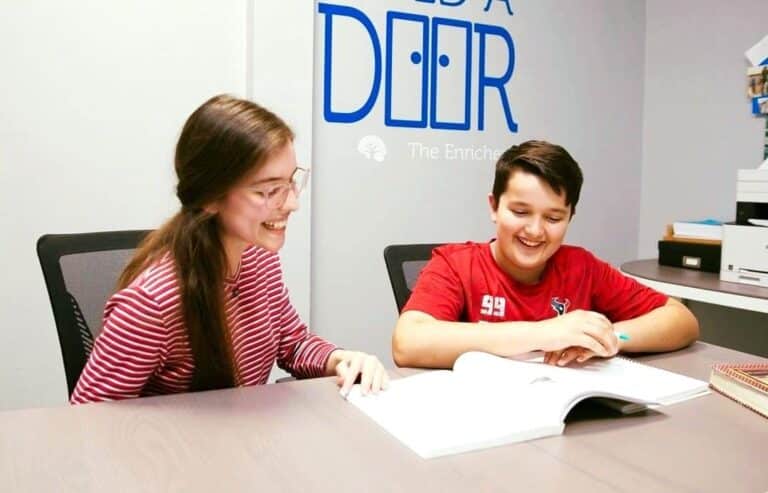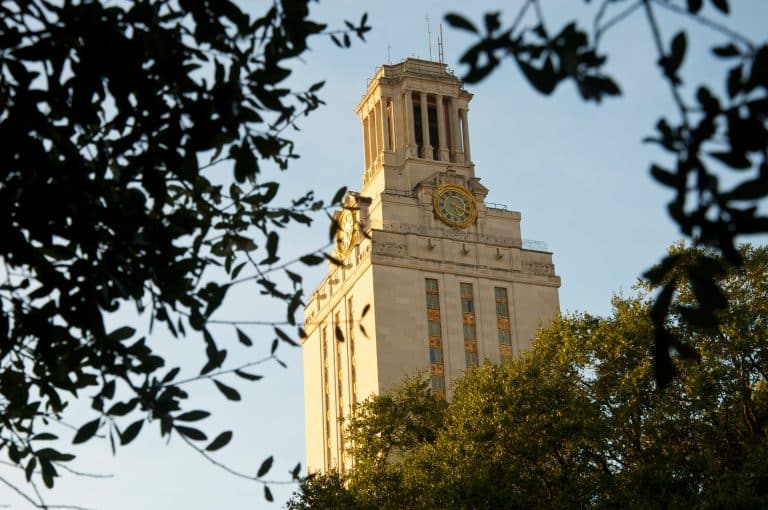More and more parents are pulling their children out of the public education system to pursue private schooling. Incentives range from specific diploma programs on offer, the appeal of low student-to-teacher ratios, the opportunity to combine academics with religious education, and more. Here are three things to keep in mind when considering private education for your child.
Finances
Likely, the most pressing question for any parent contemplating private school is: how much would it cost my family? On average, Texas parents of private school students pay $11,023 per child per year on tuition. In Houston, however, that number swells to $25,674, a nearly 16% jump from pre-pandemic prices. Of course, private school fees vary greatly, with over 22% of non-boarding students (i.e., day school students) in Texas receiving financial aid to help cover the costs. Such opportunities include the ACE scholarship program, which provides need-based partial tuition assistance to qualifying students.
Variation in tuition and fees also stems from school-specific factors, such as particular academic programs, boarding opportunities (which, in Texas, cost an average of $59,302 per year), and extracurricular activities. For instance, although Advanced Placement (AP) is considered the most popular program for high school students looking to complete college-level coursework, families with international backgrounds or students considering university abroad may prefer the International Baccalaureate (IB) route. While much rarer than AP in the United States, IB also tends to cost families more, with parents paying, on average, an additional $23 per final exam.
Also worth noting are the unexpected costs parents are rarely warned of before making the switch to private education. These include admissions and new student enrollment fees, required supplies (such as textbooks and laptops/tablets), class trips, and transportation services. While some schools include these costs in their tuition totals, many do not.
Academic Expectations
So…is private school ultimately worth the cost?
Consider the myriad of pull factors that attract many parents towards private schools in the first place. Private institutions that boast a higher quality of education than their public counterparts often cite features like lower student-to-teacher ratios, the greater likelihood of teaching staff possessing an advanced degree in their area of expertise, better facilities and access to extracurricular opportunities (like sports and the arts), and any specialized programs available (like foreign languages or disability assistance). Awty International School, for example, is considered one of the best language immersion schools in Houston, with a bilingual French and English program and courses on offer in 11 other languages.
Moreover, studies reveal that private schools may be more successful than public schools in preparing your child for college, thanks to higher standardized test performance rates, the presence of experienced college admissions counselors on campus (once again, at a low counselor-to-student ratio), and those aforementioned programs that enable students to accumulate college credit in high school.
In addition to higher costs, however, possible drawbacks to a private education include a general lack of racial and socioeconomic diversity compared to public schools, higher levels of competition and pressure among students, and a disinclination towards standardization across private school curriculums that may make it harder to assess student achievement against public school performance to a reliable degree of accuracy.
Admissions Process
Once you’ve determined that private school would be a good fit for your budget and child, the next step is the admissions process. Specifics vary but, generally speaking, private school applications include some combination of the following: standardized exam scores (most typically, Independent School Entrance Examination [or ISEE] scores), parent and child interviews, current teacher recommendations, admissions essays, updated transcripts, and an admissions fee. Most private school admissions applications (including all the elements listed above) are due in the fall semester, one full year before the prospective student plans to enroll. Depending on the institution, admissions decisions may be announced in December, but more often in February and March of the following year.
To ensure your child performs to the best of their abilities on the ISEE exam, external tutoring is recommended. The Enrichery offers a very comprehensive ISEE preparation program that is tailored to each student’s needs. Incorporating Executive Functioning skills into one-on-one meetings with your child, Enrichery coaches assist in reading comprehension, vocabulary retention, mathematical reasoning, problem-solving, and general test-taking strategies.
The end of the academic year is the perfect time to start planning for ISEE prep, as most schools’ admissions applications are due during the fall semester, one full year prior to a student’s expected date of enrollment. If you are considering enrolling your child in private school, please submit a request to contact us at https://theenrichery.com/contact-us-submission/!





